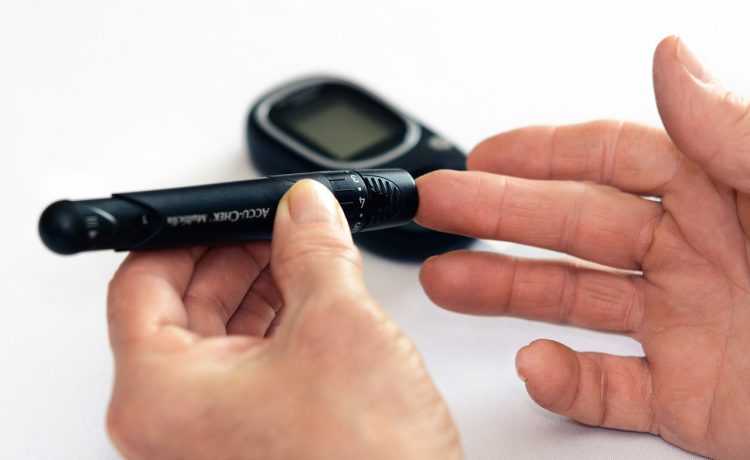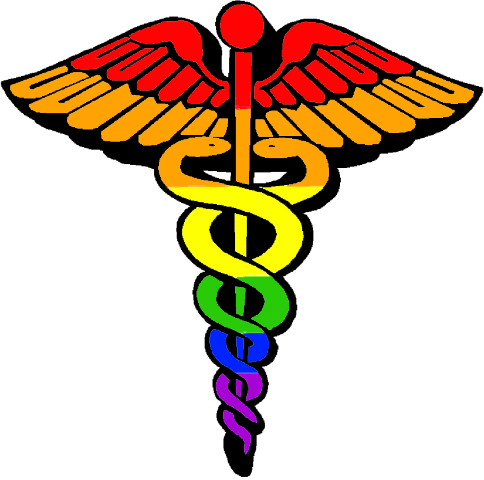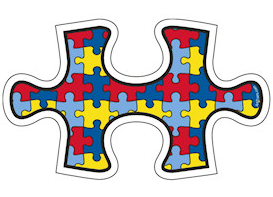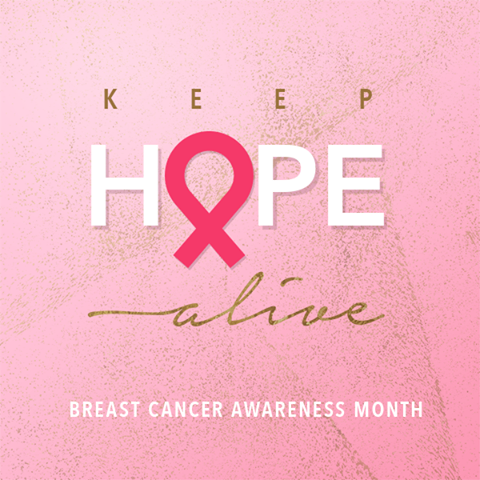November has been observed as National Diabetes Awareness Month since 1975. In the United States, more than 100 million people are living with diabetes or prediabetes; that’s nearly 1 out of every 11 people with diabetes, with 1 out of 4 unaware they have the condition. Awareness of the disease cannot only prevent future cases for those at risk, but also help raise funds to develop new treatments for those living with diabetes.
There are different types of diabetes. Type 1 diabetes presents with the body not making insulin, and those diagnosed must take insulin injections every day. Only 5% of those diagnosed with diabetes have type 1, and there is no known method to cure or prevent type 1 diabetes. With type 2 diabetes, one’s body doesn’t use insulin well and is unable to keep blood sugar at normal levels. Type 2 diabetes has a number of risk factors:
- Being overweight;
- Being 45 years or older;
- Having parents or a sibling diagnosed with type 2 diabetes; and
- Being physically active less than three times per week.
Race and ethnicity can affect one’s risk. Black, Hispanic/Latinx, Native American, Pacific Islander, and some Asian Americans are at particularly high risk for type 2 diabetes. Preventing type 2 diabetes can be as easy as eating healthy food such as fruits, vegetables, and whole grains; staying physically active; and stop (or don’t start) smoking. These methods are also used to manage diabetes once diagnosed, along with testing your blood sugar and taking medicine/insulin as prescribed.
Insulin therapy was developed and patented in 1923. The team of Canadian researchers intentionally set the price of the patent at only $3 — $1 for each member of the team — to ensure that the life-saving treatment would be widely available and affordable for those who needed it to survive. Despite the intentions of the developers, several pharmaceutical companies were indicted in an insulin price-fixing scheme in 1941. Insulin prices have steadily increased since synthetics were developed in the 1970s, leading to a multibillion-dollar industry. The same vial of insulin that sold for $21 in 1999 cost $332 in 2019 — reflecting a price increase of more than 1000%.
The increasing costs of insulin can be fatal to those with diabetes. Twenty-five percent of diabetes patients admit to rationing insulin — using less than necessary to make it last longer. Rationing insulin can lead to lethal diabetic ketoacidosis — when your blood sugar becomes so high that your blood becomes acidic, your cells dehydrate, and your body stops functioning.
People with diabetes are considered at high risk from the ongoing coronavirus pandemic. There is not enough data to show whether people with diabetes are more likely to catch COVID-19 than the general population. However, people with diabetes are more likely to have serious complications from COVID-19. In general, people with diabetes are more likely to have more severe symptoms and complications when infected with any virus. The risk of getting very sick from COVID-19 is likely to be lower if your diabetes is well-managed. The best way to prevent severe COVID-19 infection is to get vaccinated.
The NeedyMeds’ Patient Assistance Programs (PAPs) database has programs offered by pharmaceutical companies that provide medication at low- or no cost for those who qualify. There are also coupons and our Drug Discount Card for those unable to use or find a PAP. The card can even be used for purchasing diabetes supplies such as glucose meters, test strips, and lancets 40% off the cash price from My Virtual Doctor. In addition to the plastic card, the NeedyMeds Drug Discount Card is available in a printable form or a smartphone app for Apple and Android devices. There are also many national and local resources for those with diabetes in our Diagnosis-Based Assistance area of our site. All of our information is available for free on our website or through our toll-free helpline at 1-800-503-6897.





